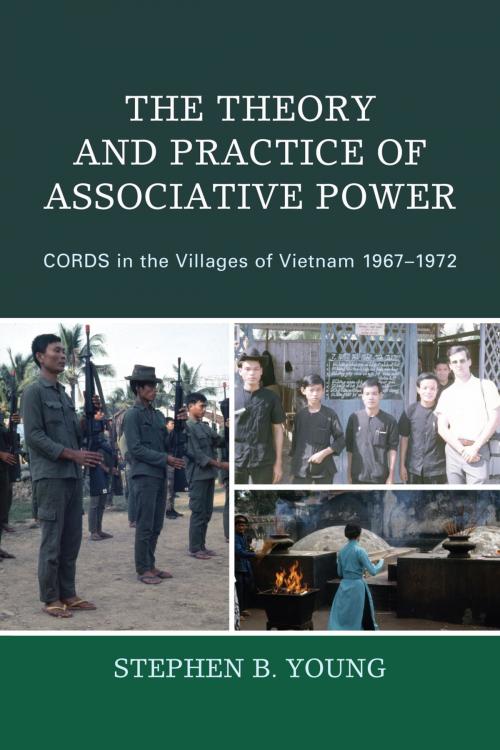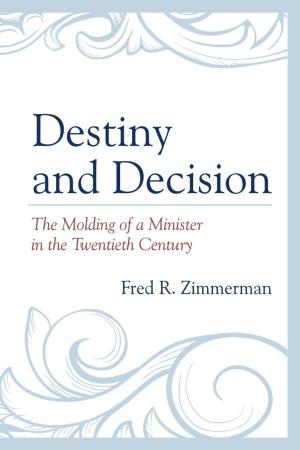The Theory and Practice of Associative Power
CORDS in the Villages of Vietnam 1967–1972
Nonfiction, History, Asian, Southeast Asia, Military, Vietnam War| Author: | Stephen B. Young | ISBN: | 9780761869009 |
| Publisher: | Hamilton Books | Publication: | June 19, 2017 |
| Imprint: | Hamilton Books | Language: | English |
| Author: | Stephen B. Young |
| ISBN: | 9780761869009 |
| Publisher: | Hamilton Books |
| Publication: | June 19, 2017 |
| Imprint: | Hamilton Books |
| Language: | English |
To succeed in achieving its national security objectives the United States needs to use Associative Power in place of both Hard Power and Soft Power. Associative Power is the use of joint ventures and alliances to optimize the forms of power brought to bear in conflicts responding with precision to a spectrum of enemy threats, situational challenges, and political opportunities. Associative Power was wisely and successfully used by the United States in the Vietnam War through the CORDS program of counter insurgency and village development to defeat the Viet Cong insurgency and permit the withdrawal of American combat forces. Associative power was not used by the United States—nor was the best counter insurgency practices of CORDS—in the Iraq and Afghanistan conflicts. As a result of this omission, interim outcomes in Iraq and Afghanistan did not acceptably accomplish American objectives.
To succeed in achieving its national security objectives the United States needs to use Associative Power in place of both Hard Power and Soft Power. Associative Power is the use of joint ventures and alliances to optimize the forms of power brought to bear in conflicts responding with precision to a spectrum of enemy threats, situational challenges, and political opportunities. Associative Power was wisely and successfully used by the United States in the Vietnam War through the CORDS program of counter insurgency and village development to defeat the Viet Cong insurgency and permit the withdrawal of American combat forces. Associative power was not used by the United States—nor was the best counter insurgency practices of CORDS—in the Iraq and Afghanistan conflicts. As a result of this omission, interim outcomes in Iraq and Afghanistan did not acceptably accomplish American objectives.















